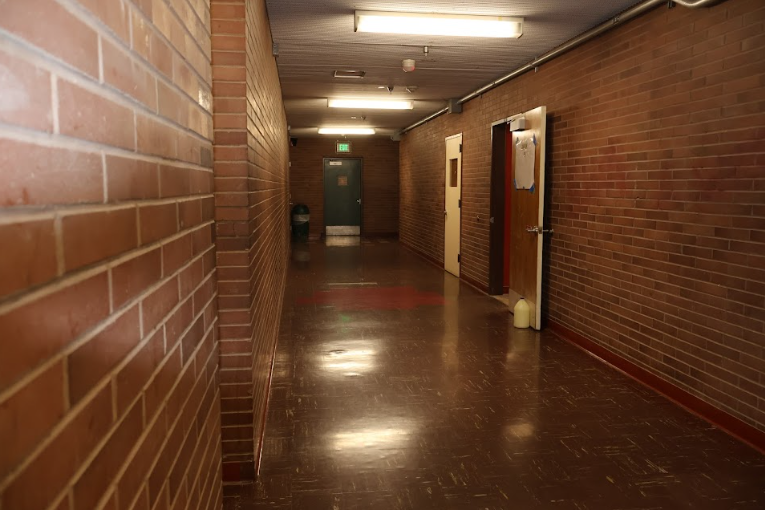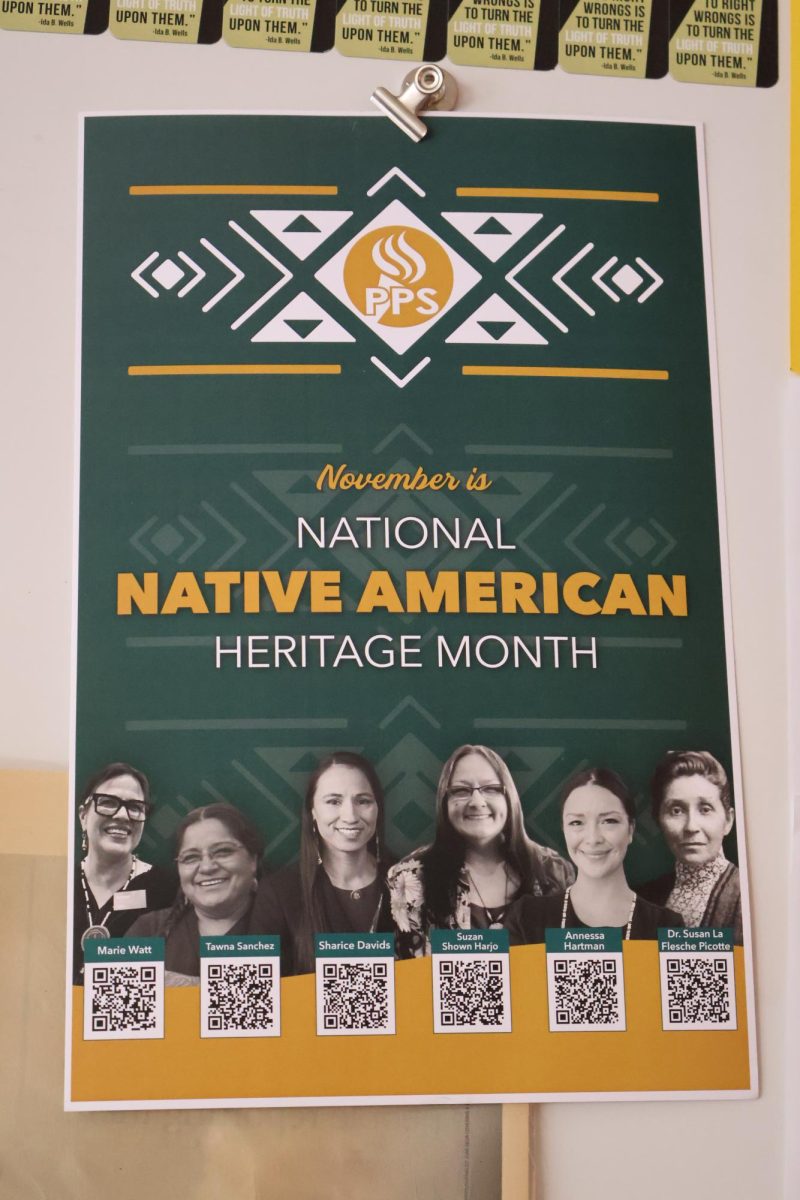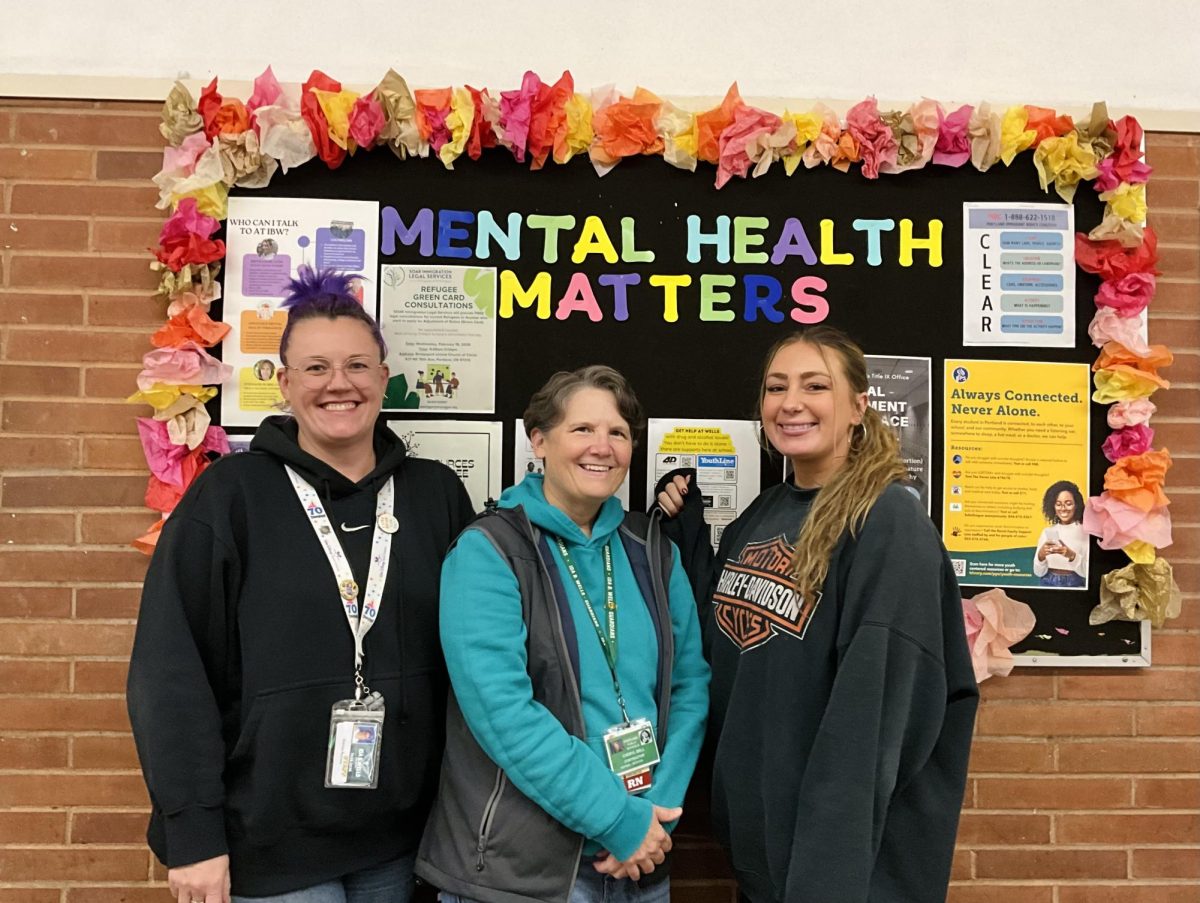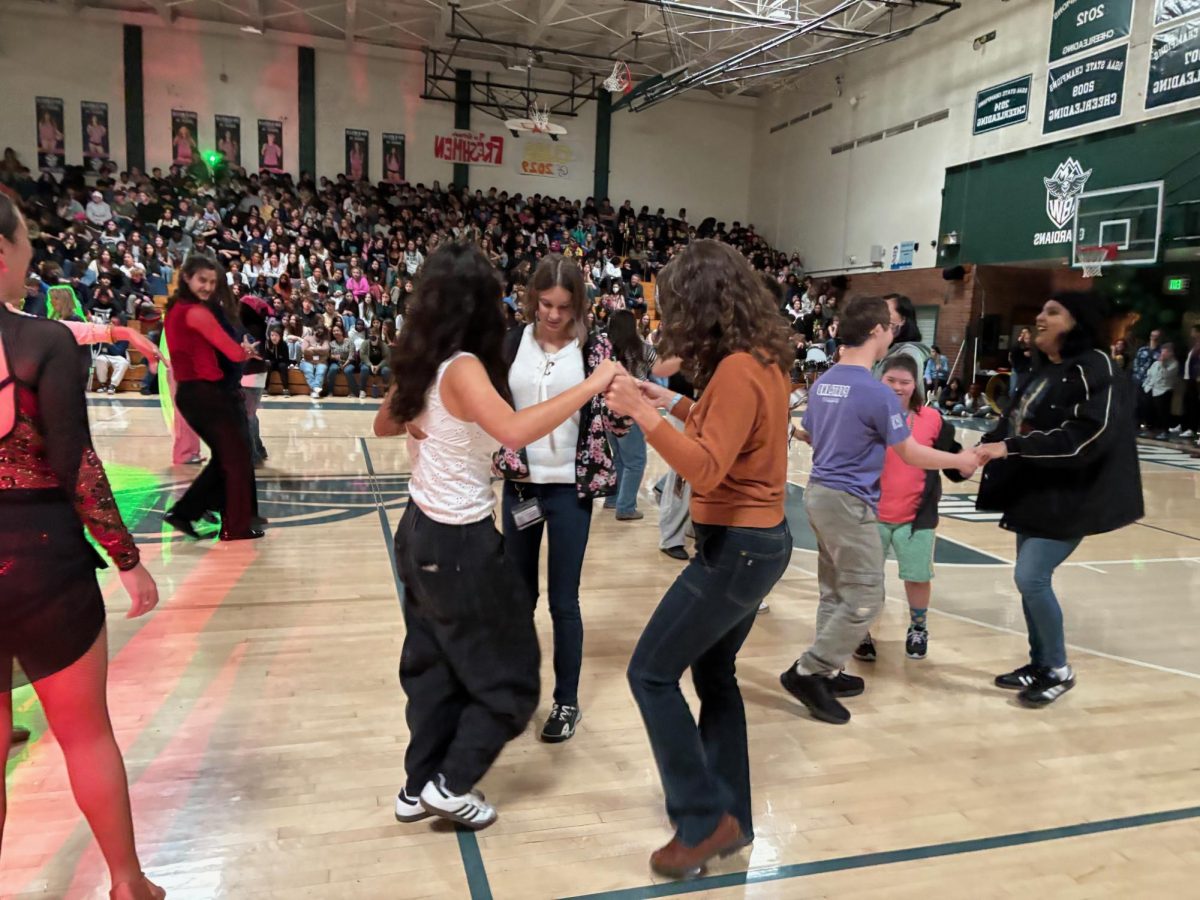For more than a decade now, the basement hallway at Ida B. Wells High School, where the woods and metals, computer sciences and journalism classrooms reside, has had a widespread nickname: “The Rape Hallway.” Students, teachers and even alumni use it like it’s just part of the building.
When you stop and think about it, that nickname is a problem.
“Rape” is not just a word. It’s something serious—something we talk about in health class, in assemblies and the news. Students at IBW are taught that sexual violence is real and harmful, and that it’s important to take it seriously.
It doesn’t make sense that a place in our school is still known by a name like that.
Aeysha Coning, the IBW principal, says she has heard this nickname used by students when referring to the basement hallway. “The nickname is absolutely horrible, and it makes me feel sad in my heart. [It] makes me feel concerned for the kids that are harmed by it emotionally or feel unsafe to go into that hallway,” says Coning.
Using a nickname like this can send the wrong message. It can make it seem like something as serious as rape is a joke, or just a part of school culture. That kind of language can be especially upsetting for people who’ve experienced sexual trauma. No one should have to walk through a hallway that reminds them of something painful, especially in a place where they’re supposed to feel safe.
Some people might not think twice about the nickname. Maybe they’ve heard it so many times, they don’t even question it. That’s exactly why it matters. Just because something has been around for a while doesn’t mean it’s okay.
Shalom Dinberg is a IBW sophomore and leader of the Students Active for Ending Rape (SAFER) Club. During her tour of IBW as an eigth grader, Dingber remembers her student-tour guide jokingly calling the basement hallway, “the rape hallway” when walking through it. “This sentence jumped out to me, as it seemed as if this was a genuine term people called this hallway,” she says. “I was frightened.”
Dinberg joined SAFER as a freshman and became a club leader as a sophomore. “Starting higschool at a school where rape was so normalized [that] there was even a hallway dedicated to it was sickening,” she says.
“That tour has stuck with me through my past two years at IBW,” says Dinberg. “I have made it a mission to intercept anytime that name is mentioned.” Dingberg lobbied for the installment of the mural in the basement hallway, which has an underlying message of inclusivity. A camera has also been added to the hallway.
Changing the nickname won’t solve everything, but it’s a step in the right direction. It’s a way of saying that we want our school to be a respectful and supportive place for everyone. Words matter—and this one has been around long enough.
At the end of the day, we’re the ones who shape the culture at our school. If we keep using a nickname like “The Rape Hallway,” we’re not just being edgy or funny—we’re actually feeding into rape culture.
“It is absolutely disgusting that this ‘nickname’ has been such a staple at our school and it is imperative that this name and rape cultural as a whole is dismantled,” says Dinberg.
It sends the message that something as serious as sexual violence is just a joke, and that’s not okay. We hear all the time about how important it is to create safe spaces, but that can’t happen if we keep using language that makes people feel uncomfortable or even triggered.
We, as students at IBW, need to speak up against sexual violence—not add to it.









